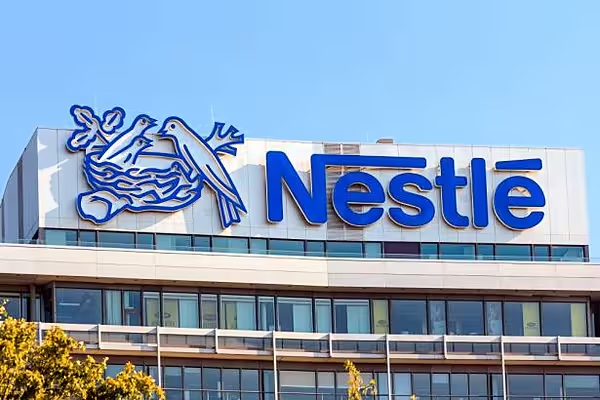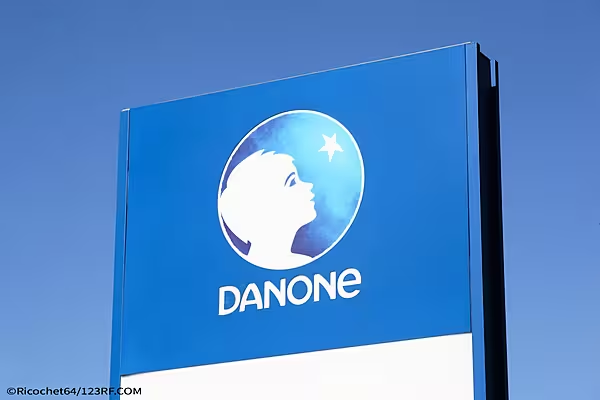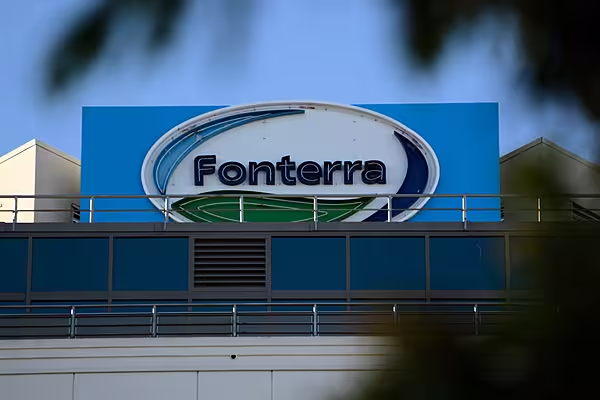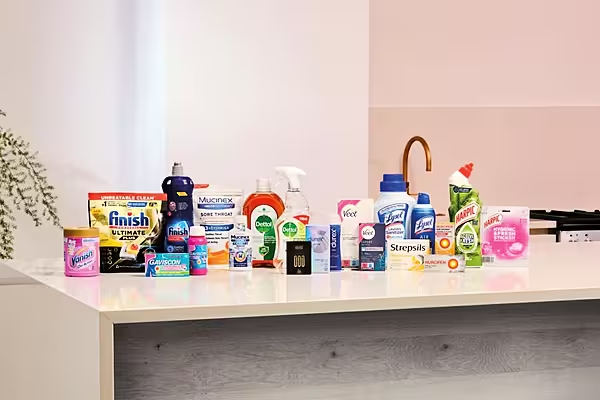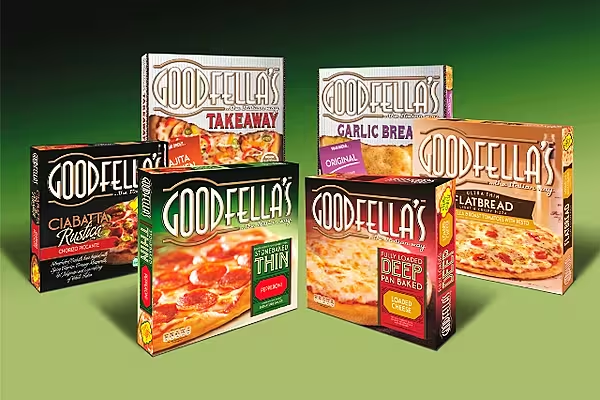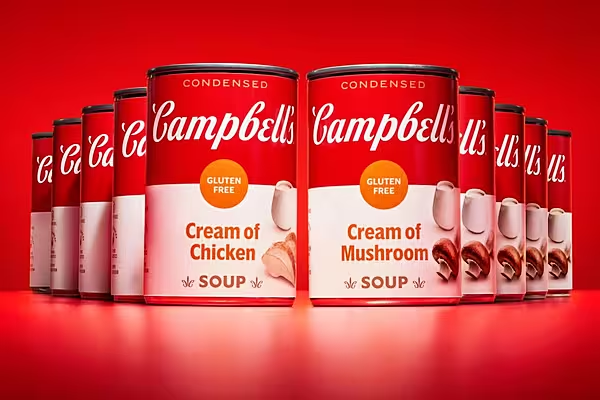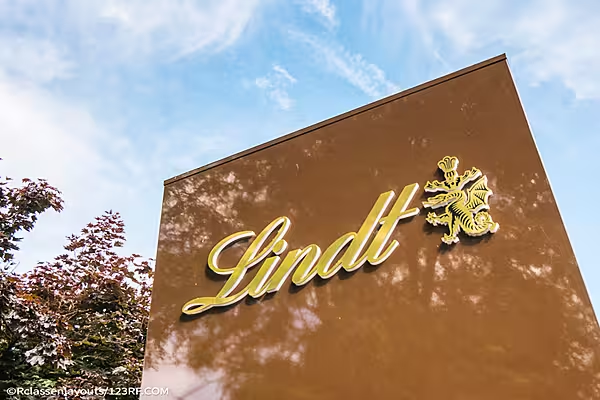Nestle SA is banking on e-commerce sales to revive its struggling Chinese business, as the Swiss food company grapples with slowing growth and new shopping trends in the world’s largest consumer market.
The maker of KitKat chocolates and Yinlu peanut milk on Sunday began selling on Alibaba Group Holding Ltd.’s Tmall.com portal 67 brands it has never offered in China and aren’t available in shops, including Nido milk powder and Damak chocolates.
The online experimentation is part of an e-commerce fair commemorating the company’s 150th anniversary that features deep discounts in more than 150 products on Tmall.com. It will run for an initial period of six months.
Nestle wants to take advantage of the digital surge that will see China’s e-commerce sales surpass the U.S. and Europe combined by 2018, said Wan Ling Martello, head of Nestle’s Asian and African businesses.
"Chinese consumers are discerning and they are the fastest in the world at adopting new technology," she said at an event in Beijing to launch the campaign and mark the company’s 150th anniversary. Also present was Alibaba Chief Executive Officer Daniel Zhang.
Slowing Growth
Nestle’s growth in China has slowed in the past few years as the company didn’t react quickly enough to trends like e-commerce and healthier eating, which led shoppers to shun some packaged-food offerings. Its Yinlu brand, which makes peanut milk and a rice porridge called congee, has declined as consumers shift to premium products.
"We have to make sure that the needs of the consumers today are faster addressed in this market, faster than any other market. So we have been catching up in the last two years," said Reinhold Jakobi, managing director of Nestle’s food and beverage business in Greater China.
"We have the benefit of stability, " Martello said. "We have a stable, consistent core but when we can pull off (e-commerce) events like this, that’s where the magic happens."
Online Sales
Nestle’s sales from the greater China region rose 6 percent to 7.1 billion francs ($7.3 billion) last year, making it the company’s second-biggest market. E-commerce sales in China doubled, fueling the growth. Nestle doesn’t break the figures out for the market. Online sales were 3.9 percent of total sales worldwide in 2015.
Jakobi said that Nestle’s e-commerce business in China has triple-digit growth rates and is on average already more profitable than brick-and-mortar retail.
“Going heavily into e-commerce is part of the strategy they need to pursue to win back market share in China,” said Patrik Lang, head of equity research at Julius Baer Group Ltd. “They have everything they need to be successful in China but they were behind the curve on strategy and product offering.”
Nestle has missed its long-term sales targets for four years, increasing pressure on Chief Executive Officer Paul Bulcke to find new areas of growth as he enters the home stretch of his tenure.
It has been seeking expansion and acquisitions in skin health and medical nutrition to reduce the company’s reliance on the grow-challenged packaged food industry.
News by Bloomberg, edited by ESM. To subscribe to ESM: The European Supermarket Magazine, click here.
